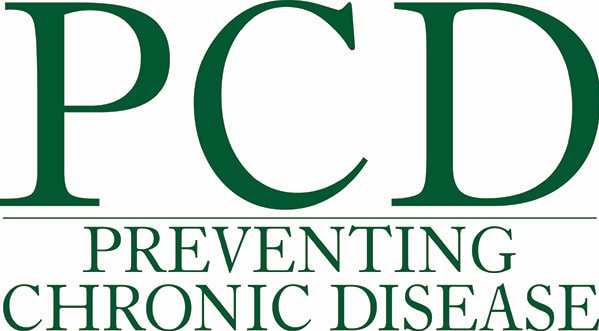Abstract and Introduction
Abstract
Introduction: Although the disproportionate impact of COVID-19 infection, hospitalization, and death rates on racial and ethnic minority communities in the US is known, information about how COVID-19 has affected these communities and how community context and perceptions can inform a better response to future health crises needs further exploration. To help achieve these objectives, we used a community-based participatory research approach to gain a better insight into African American, Native American, and Latinx communities.
Methods: From September through December 2020, we conducted 19 focus groups and recruited 142 participants. Participants were selected via a purposeful sampling technique. We used a phenomenology study design to conduct semistructured interviews, thematic analysis to code qualitative data, and descriptive statistics to summarize demographic data.
Results: Data analysis revealed the following 3 themes: 1) COVID-19 exacerbated mistrust, anxiety, and fear in racial and ethnic minority populations, affecting their mental health, 2) understanding sociocultural context is essential for emergency response, and 3) adapting communication strategies can help address community concerns.
Conclusion: Amplifying the voices of people disproportionately affected by the COVID-19 pandemic can help to inform a better response to future health crises and ultimately reduce health inequity among racial and ethnic minority populations.
Introduction
In the US, hospitalizations due to COVID-19 have been 2.6 times higher among African American people, 2.5 times higher in Latinx people, and 3.3 times higher in Native American people than among non-Hispanic White people; additionally, fatalities due to COVID-19 have been higher in these populations.[1] Reduced access to quality health care, inflexible low-wage employment, lack of paid sick leave, overrepresentation in correctional and immigration detention facilities, and overcrowded low-quality housing[2] are a few of the long-standing structural inequities that have contributed to higher rates of COVID-19 infection, hospitalization, and death in racial and ethnic minority populations in the US.[3–5]
To reduce health disparities exacerbated by COVID-19's disproportionate impact on racial and ethnic minority communities, it is imperative to first understand their experiences and needs. One way to engage diverse communities is by supporting and amplifying their voices through community-based participatory research (CBPR).[6] CBPR strives to prioritize equity in the relationship between researchers and community-based organizations by practicing principles of co-learning, ensuring efforts have a mutual benefit, and making a long-term commitment.[7] CBPR has been used across disciplines and issues to improve community outcomes.[8] It provides the foundational principles to understand community context and concerns, informs strategies to better prepare for emergencies, and communicates risk among communities that are underresourced in terms of such necessities as food, clothing, shelter, and access to health care during times of crisis.[9]
The objectives of this study were to describe how 3 racial and ethnic minority populations in Nevada were affected by COVID-19 and how community context and perceptions can inform a better response to future health crises.
Prev Chronic Dis. 2023;20(3):E12 © 2023 Centers for Disease Control and Prevention (CDC)











